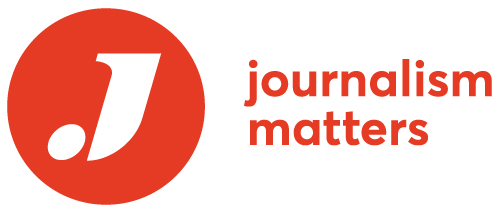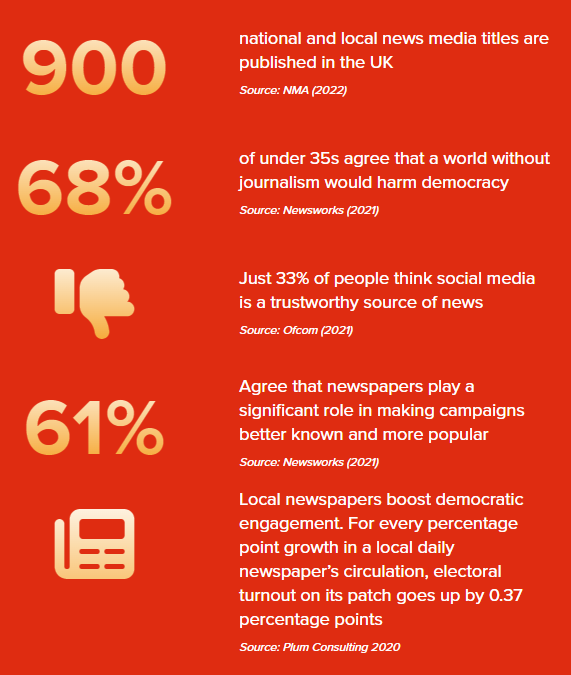
In the weeks of high political drama leading to the resignation of Liz Truss, what the papers were saying provided an essential barometer to the rapidly changing fortunes of the increasingly hapless Prime Minister.
Whether it was the exasperation of right-leaning dailies, the fury of the left, and the blow-by-blow inside stories from the big Sundays, news titles were helping to make the political weather which blew Ms Truss so catastrophically off course.
Here, Scottish news titles were at the forefront of comment and analysis of the SNP’s economic plan for independence, performing the vital role of scrutineers the public needs to understand what’s being proposed.
Meanwhile Scotland’s regional and local publications have been getting on with the job of covering their towns and communities, casting light on decisions with immediate impact on their readers, and helping readers cope with the cost-of-living crisis.
Trusted journalism matters, and this week the UK industry is highlighting the key role our news publishers perform and the good they do, such as The Greenock Telegraph’s ‘Time to Talk’ mental health campaign, the Press & Journal’s ‘Beach Clean’ initiative to clear up the North-East’s coastline, the Sunday Mail’s ‘Anne’s Law’ series to ensure care home residents are never left without visitors, and the Sunday Post’s ‘Shaming’ campaign to win justice for victims of male violence against women.
However, the future of quality journalism in the UK is still very much under threat, and amidst recent upheaval in Westminster, it is essential that the UK Government gives the new Digital Markets Unit the promised legal teeth it needs to ensure the big tech platforms pay a fair price for news publishers’ stories they re-use for nothing, currently valued at £1bn a year.

It is also crucial that the Scottish Government recognises it could do a lot more to support journalism in Scotland, when it spends only a twentieth of its marketing and advertising budgets with Scottish news publishers which reach 90 per cent of the population, but a quarter on American-owned tech platforms. It could also invest in the proposed Scottish Public Interest Journalism Institute, which it says it supports.
Like many sectors over the past three years, Covid, the energy crisis and global inflation pose existential threats to many of our businesses, but without trusted, independent journalism and properly trained, professional journalists the public would be fed a diet of spin, misinformation and social media-driven fake news.
Reporting the facts, uncovering truth, and campaigning on issues about which readers care is what journalists do every day, and the Journalism Matters week is a timely reminder of why their job will always need doing.